Does Rubbing Alcohol Help Clear Acne?
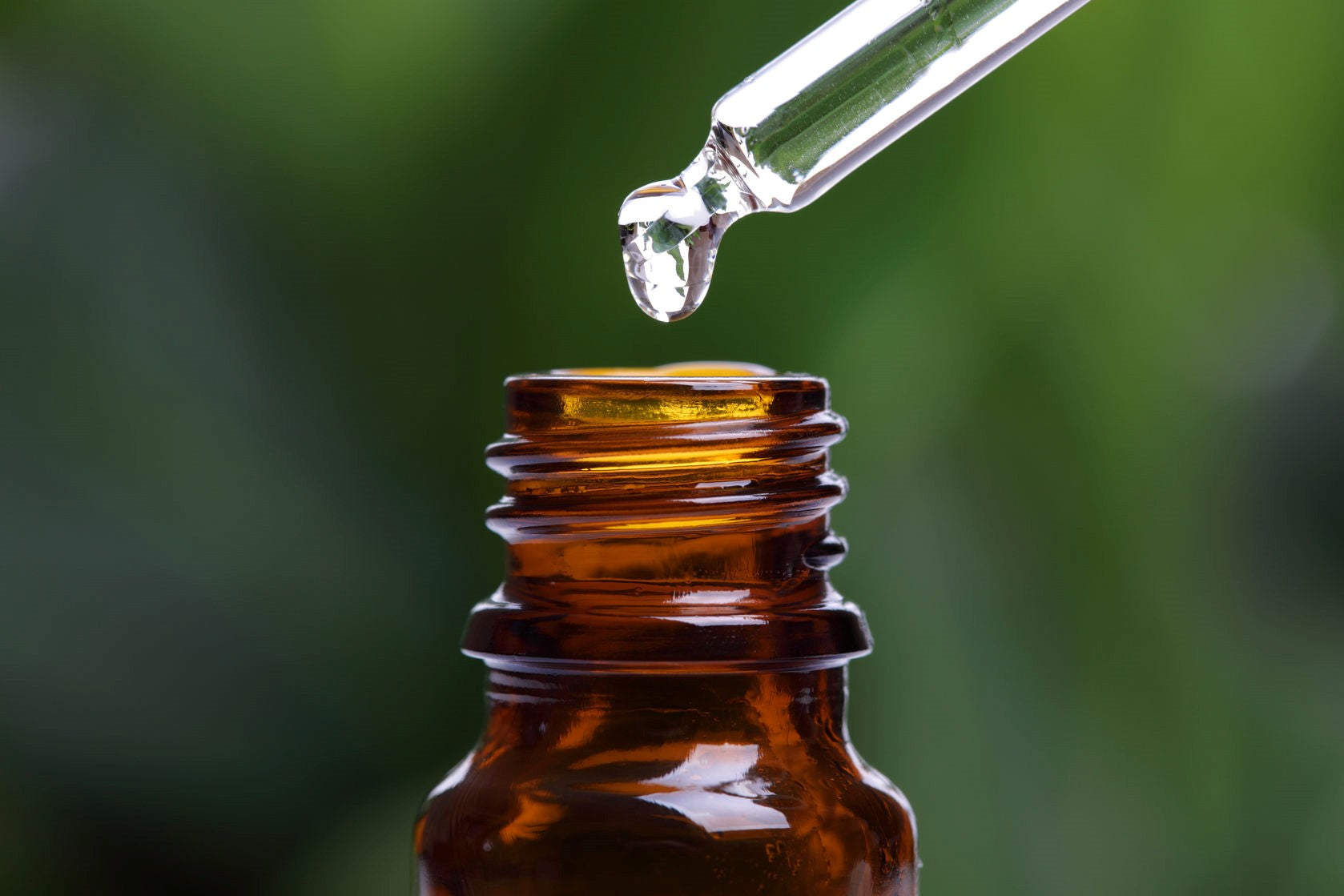
Rubbing alcohol is most commonly used as an antiseptic that rids a wound of bacteria that can cause infections. Cuts, scrapes, and other wounds are usually treated with alcohol to prevent deadly illness. Some people also believe that the anti-bacterial properties of alcohol can help rid skin of acne.
It’s easy to see the appeal. Rubbing alcohol feels weightless on the skin, rids it of grease, and dries quickly. It’s also often used as an astringent to close pores and get rid of excess oil. Rubbing alcohol is the base ingredient for many acne-treatment products, but is direct application of rubbing alcohol good for skin?

What is Rubbing Alcohol?
Rubbing alcohol (also known as isopropyl alcohol) is the most commonly used antiseptic. It’s a clear, colorless, bitter aromatic liquid that can be mixed with other common solvents. Isopropyl alcohol is in many products like perfumes, cosmetic products, inks, antiseptics, window cleaners, nail polish remover, and more. Rubbing alcohol is made up of 70% isopropyl alcohol and 30% water to create a strong antiseptic for wounds. In America, sulfuric acid is mixed in to accelerate the process of manufacturing, and small amounts of this ingredient will remain in the finished product.
A Common Skin Irritant
There’s no way around it—rubbing alcohol is bad for all skin types. The Ohio State Wexner Medical Center advises you don’t use rubbing alcohol or hydrogen peroxide on wounds or to control oily skin or acne breakouts. Dry, combination, and oily skin can all become damaged by the oil-stripping powers of isopropyl alcohol. Treating a wound with rubbing alcohol is usually beneficial, but consistent use can cause acne, rashes, or worse to already healthy skin. Rubbing alcohol kills skin cells that can then clog pores. Its anti-bacterial properties also eliminate “good” bacteria that exists on the skin. Good bacteria are also called “microbiomes” and help protect your skin against infection. Ridding your skin of good bacteria can leave you exposed to illness and infection.
Rubbing Alcohol Can Cause Acne
Acne forms when a pore is infested with dead skin cells, dirt, and debris. The debris mixes with the oils produced by the sebaceous glands, resulting in a clogged pore. The acne becomes red and inflamed because of the bacterial infection.
Your skin has a natural barrier that seals in moisture to keep skin hydrated and protect it from debris in the environment. This barrier is made up of lipids (healthy fats) that preserve skin. Without it, skin becomes cracked, dry, infected, and acne-prone. Rubbing alcohol disrupts this barrier.
Clearer skin in as little as two weeks.
This 3-step routine combines the most effective (clinically-proven) acne fighting ingredients with powerful plant intelligence to leave your skin nourished, refreshed, and clear.
Try SomeIsopropyl alcohol also increases the risk of a skin condition called follicular hyperkeratosis. This skin condition stimulates the overproduction of skin cells of a pore lying over the oil-producing sebaceous gland. The skin inside the pore then sheds cells faster than the pore can expel them, which traps the oil beneath the clumps of dead skin. This causes more bacteria and debris to gather under the cells, resulting in a breakout.
Strips Your Skin of Natural Oils
While rubbing alcohol is a good option as a strong antiseptic, you don’t need it to get clear skin. In fact, it can do more harm than good. It strips your skin of all the healthy oils and bacteria that keep your skin hydrated and youthful. When your skin is dry your body signals the oil-producing sebaceous glands to produce more sebum, which will actually make your skin oilier. Even oily skin will become irritated.
There are better toners like water-based witch hazel that can help protect skin. The US National Library of Medicine posted a study by the Journal of Inflammation that showed extracts like Witch Hazel and other products tested had a positive protective effect.

Skin Products that Contain Isopropyl Alcohol
Next time you browse the aisles of your local drug store, be wary of products that contain rubbing alcohol. Some of your favorite skin-care products may have harmful levels of alcohol that may be the source of your irritation and breakouts. Here are just a few of those products:
Witch Hazel Distillate
Despite its name, this product is mostly alcohol, not witch hazel. Witch hazel is an excellent natural astringent that can help close pores and tone skin, but make sure you get a water-based extract of witch hazel and not an alcohol-based one so your skin retains its natural moisture
Mud Masks
Be cautious of mud masks that claim to use “all natural” ingredients. Always read the label to make sure it doesn’t contain isopropyl alcohol, because although the mud will soothe skin, the alcohol will irritate it.
Cosmetic Removers

Some makeup-removers contain rubbing alcohol. It’s used to help decrease the thickness of liquids and dissolve substances like mascara and eye makeup. Cosmetic removers can be especially tricky because people tend to rub their skin harshly to remove their makeup.
Sunscreen
Do you break out when you wear sunscreen? Your spray-on sunscreen might be the culprit. Of course, we know sun exposure can make acne worse. Find alcohol-free sunscreen that protects your skin both from UV rays and dry flaky skin.
Good vs. Bad Alcohol
Not all alcohols are bad. In fact, in the right quantities there are some ingredients that can help keep skin clear and blemish free. It’s important to know the difference:
Bad Alcohols
These alcohols are used as preservatives due to their germ-killing properties. They’re popular in skin care treatments because they enhance absorption and work as solvents to help other ingredients mix together. All of these ingredients can make acne worse. A study by the Journal of Occupational Medicine and Toxicology showed that diverse effects of topically applied ethanol may include skin irritations or allergic contact dermatitis.
- Benzyl Alcohol
- Denatured Alcohol
- Ethanol
- Ethyl Alcohol
- Isopropyl Alcohol
- Methanol
- SD Alcohol
Good Alcohols
Known as “waxy” or “fatty” alcohols, these ingredients are derived from natural fats and oils in the environment. They may be found in plants or fruit like coconut but can also be made in a lab. These alcohols work as emulsifiers to create smooth creams and lotions that hydrate skin. Be warned that even these alcohols can irritate sensitive skin, so test a small patch of skin first before using.
- Cetearyl Alcohol
- Cetyl Alcohol
- Glycol
- Stearyl Alcohol
When it comes to skin treatment, there are far better alternatives to rubbing alcohol. Don’t use harsh chemicals on your skin that will strip it of healthy oils. Talk to a dermatologist today about simple skin treatments and lifestyle changes that can make your skin blemish-free.

Abby Vinas
Abby Vinas has long been an active member of the holistic health community, advocating in favor of its benefits to both our physical and emotional well-being. Her commitment to leading a healthy lifestyle has made her an authority on self-care practices. Abby is passionate about fitness, nutrition, and proper skincare, and is also an avid lover of avocado toast and dog-petting.
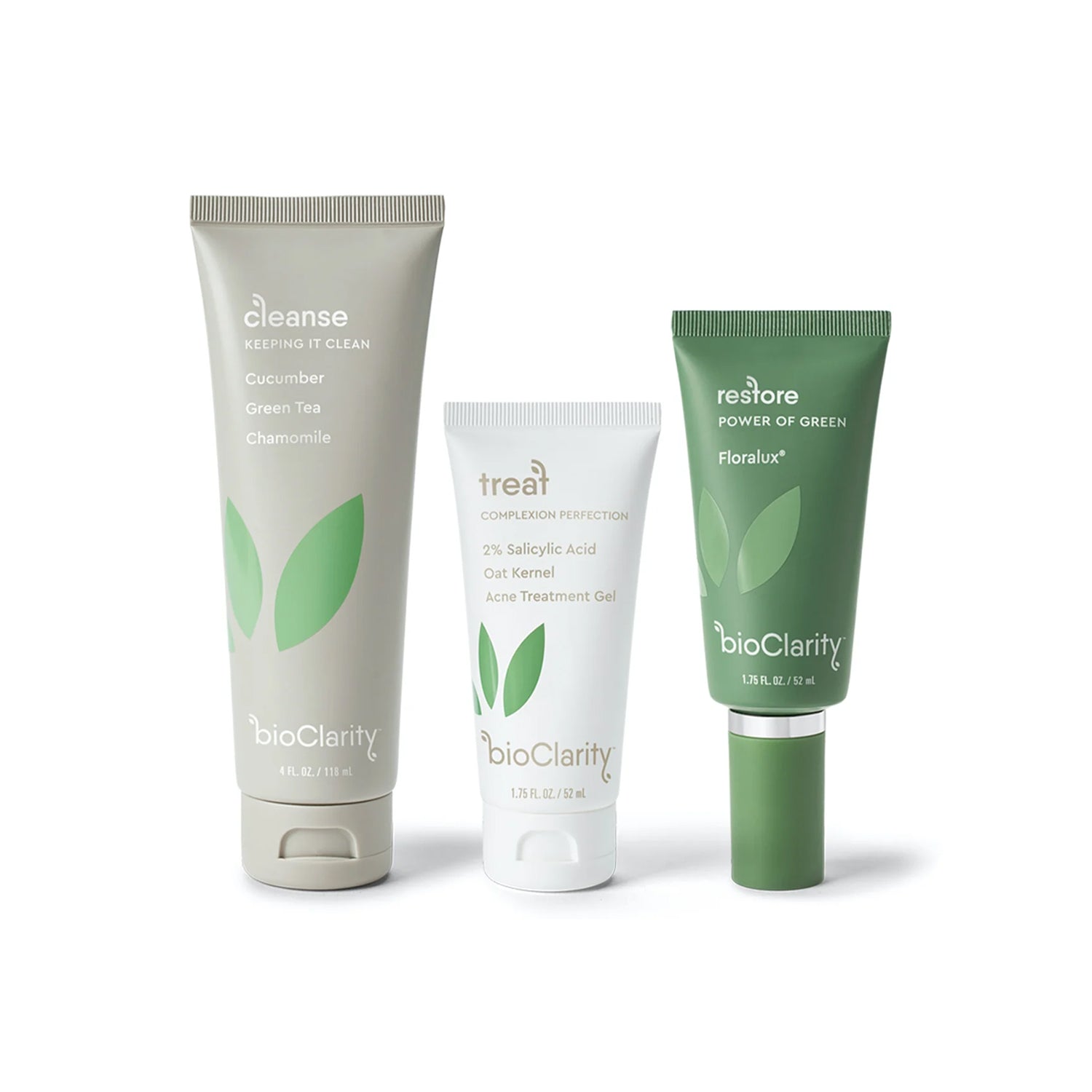
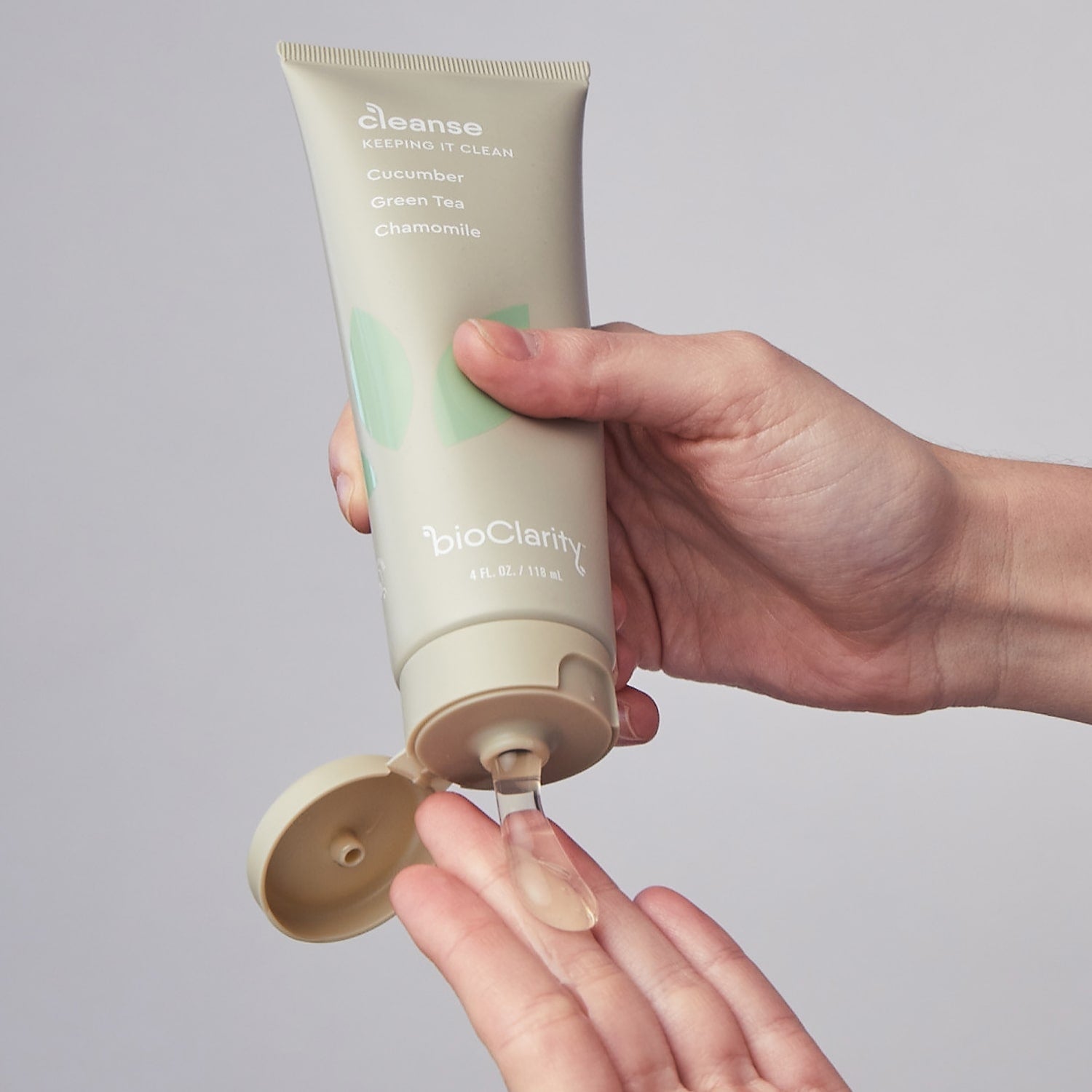
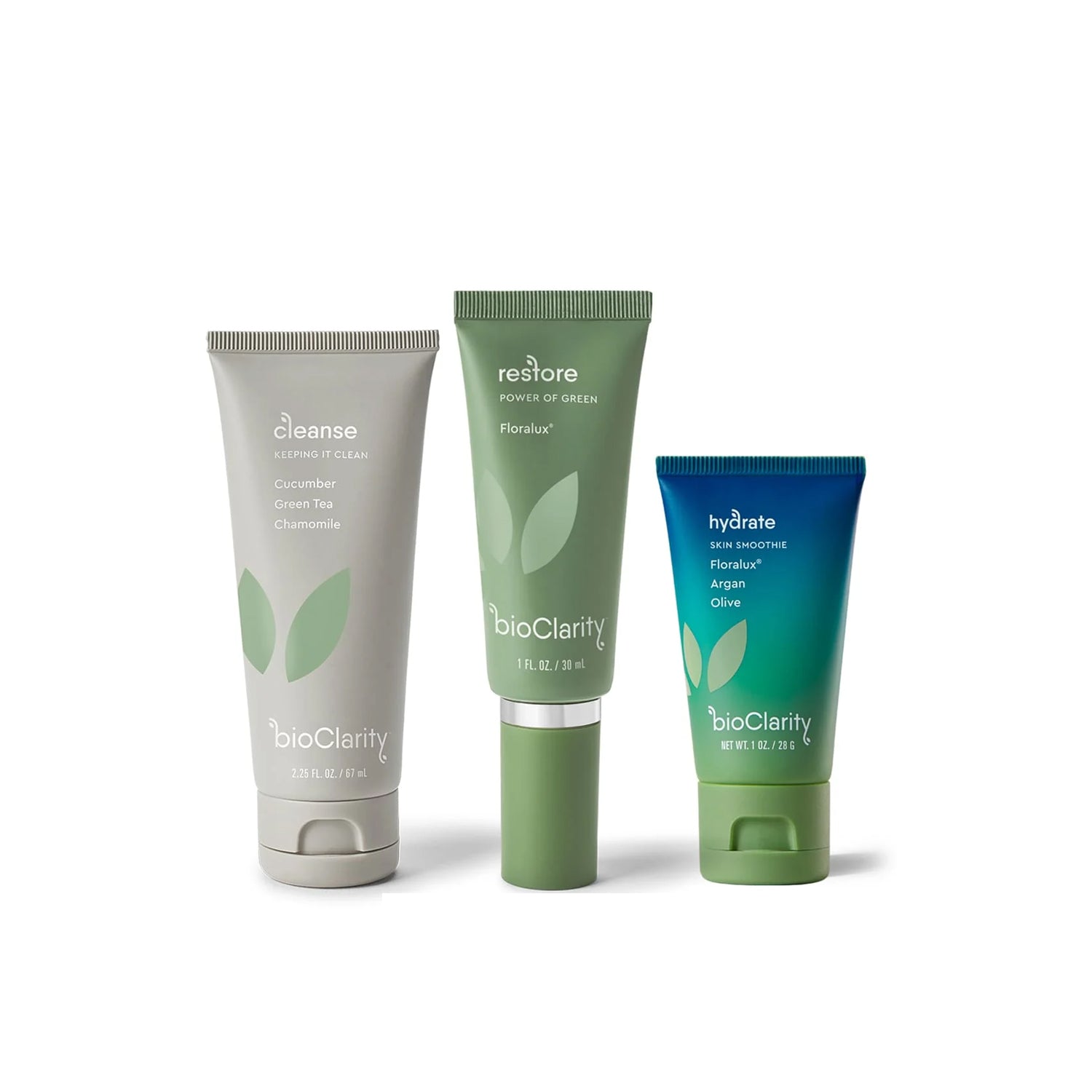
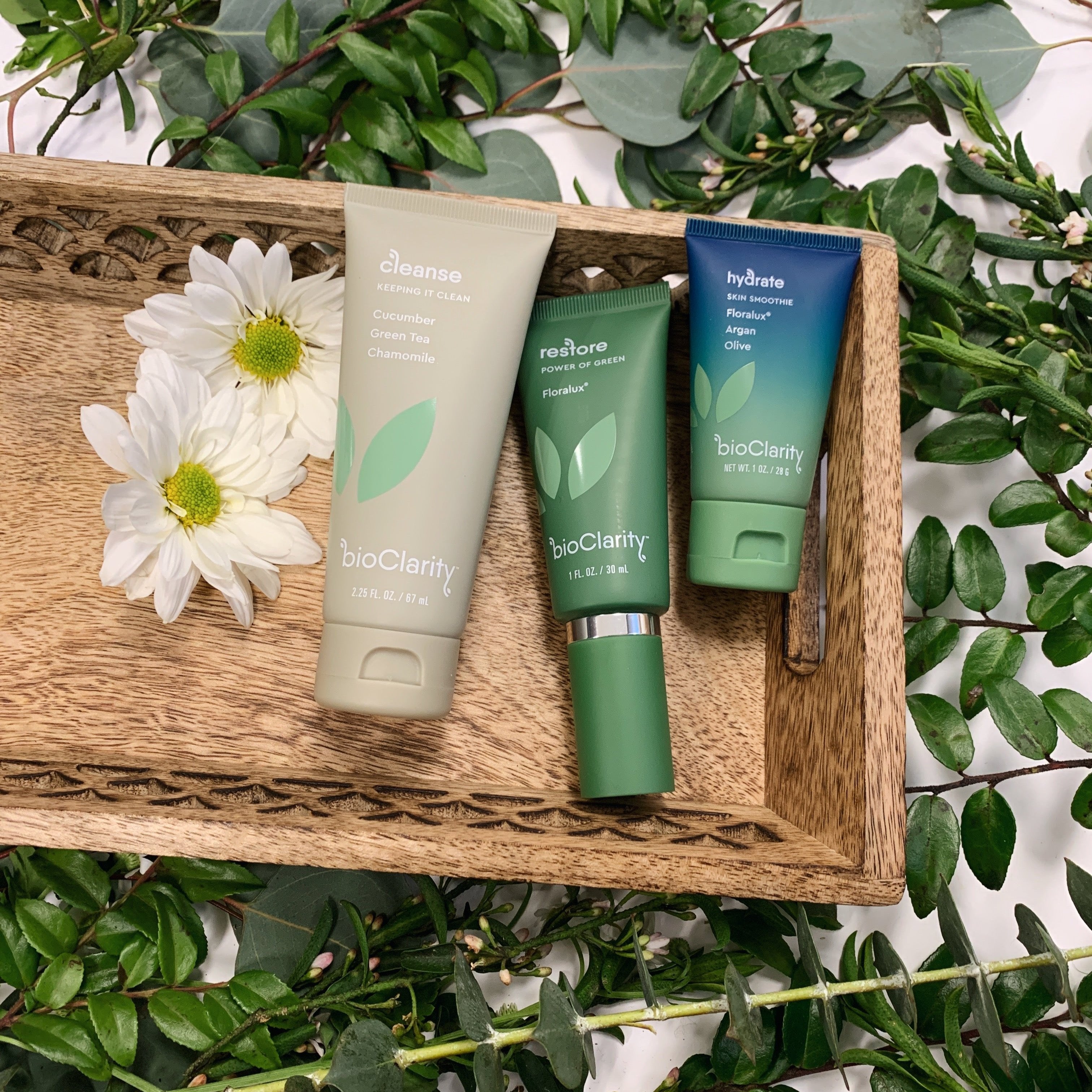
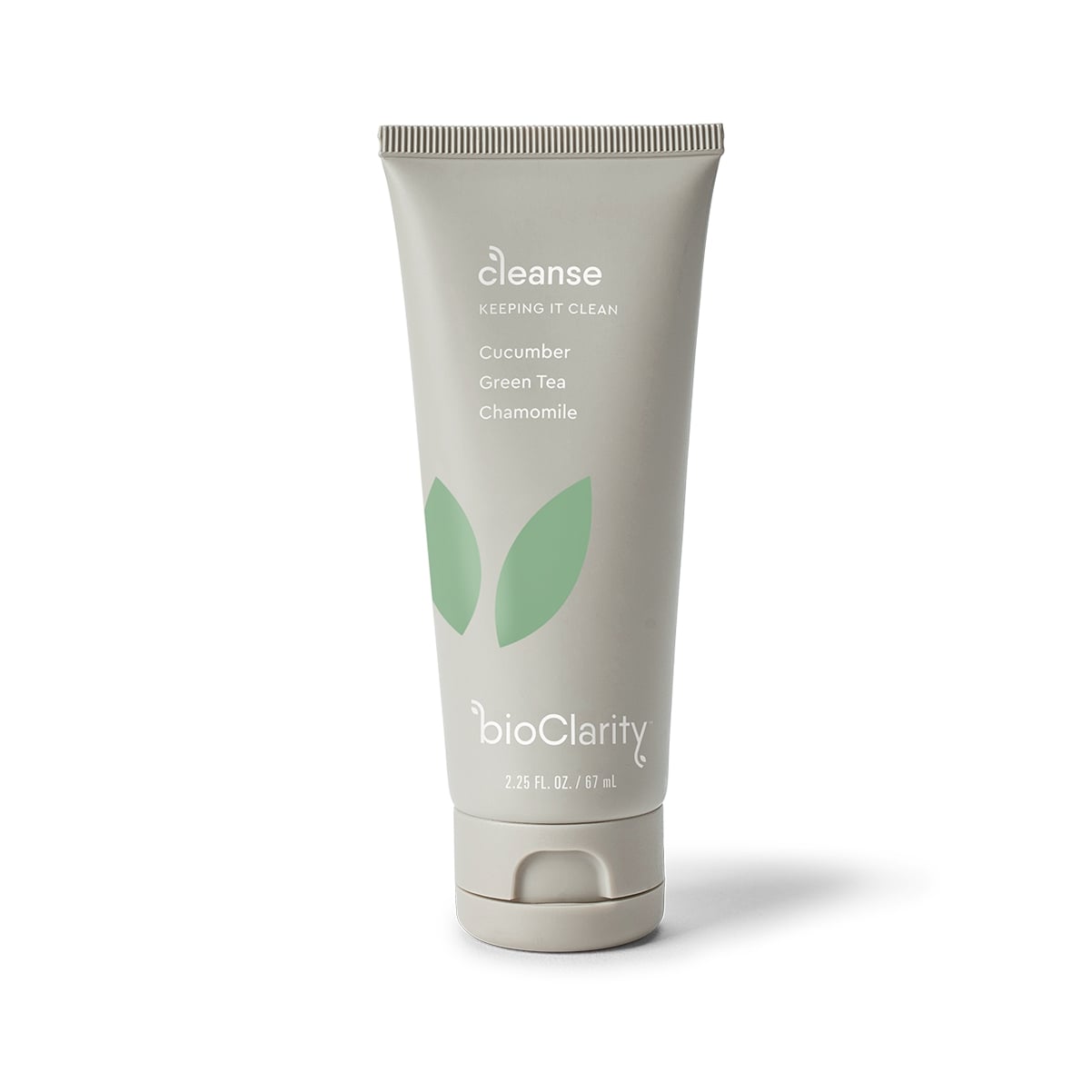
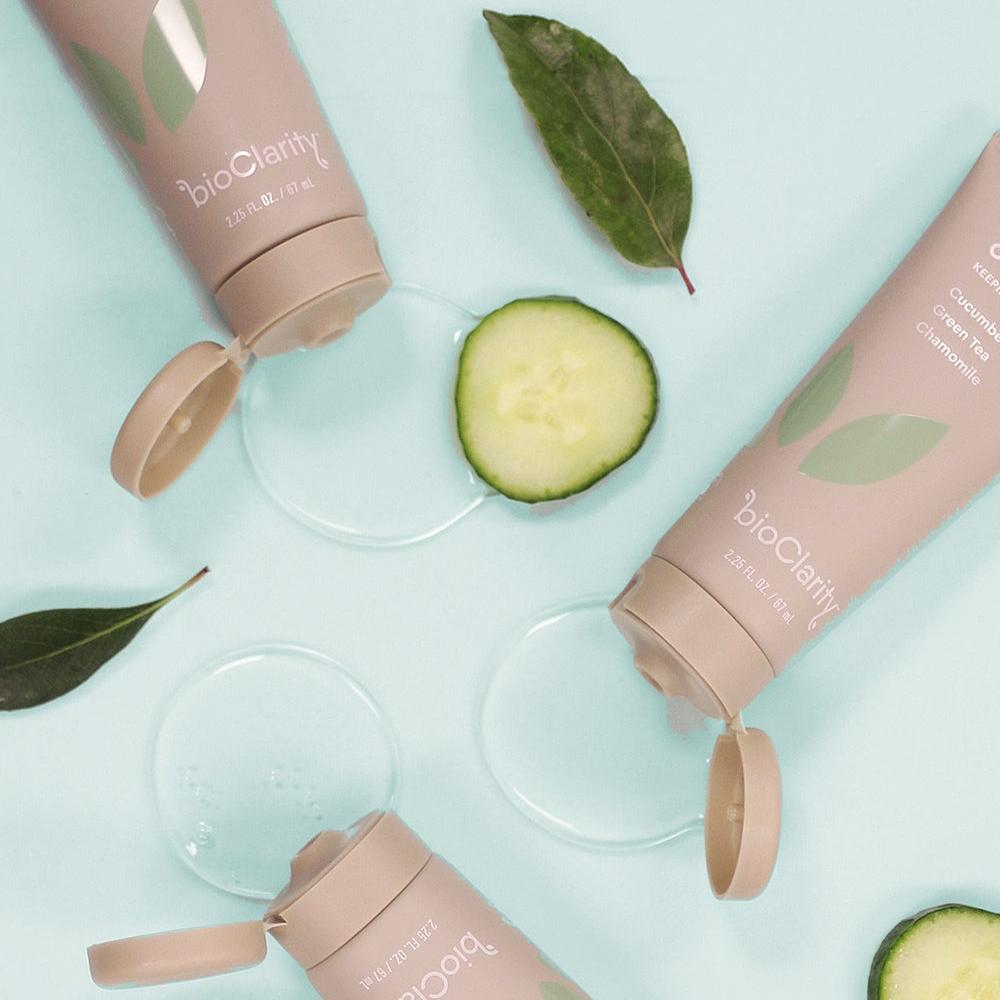


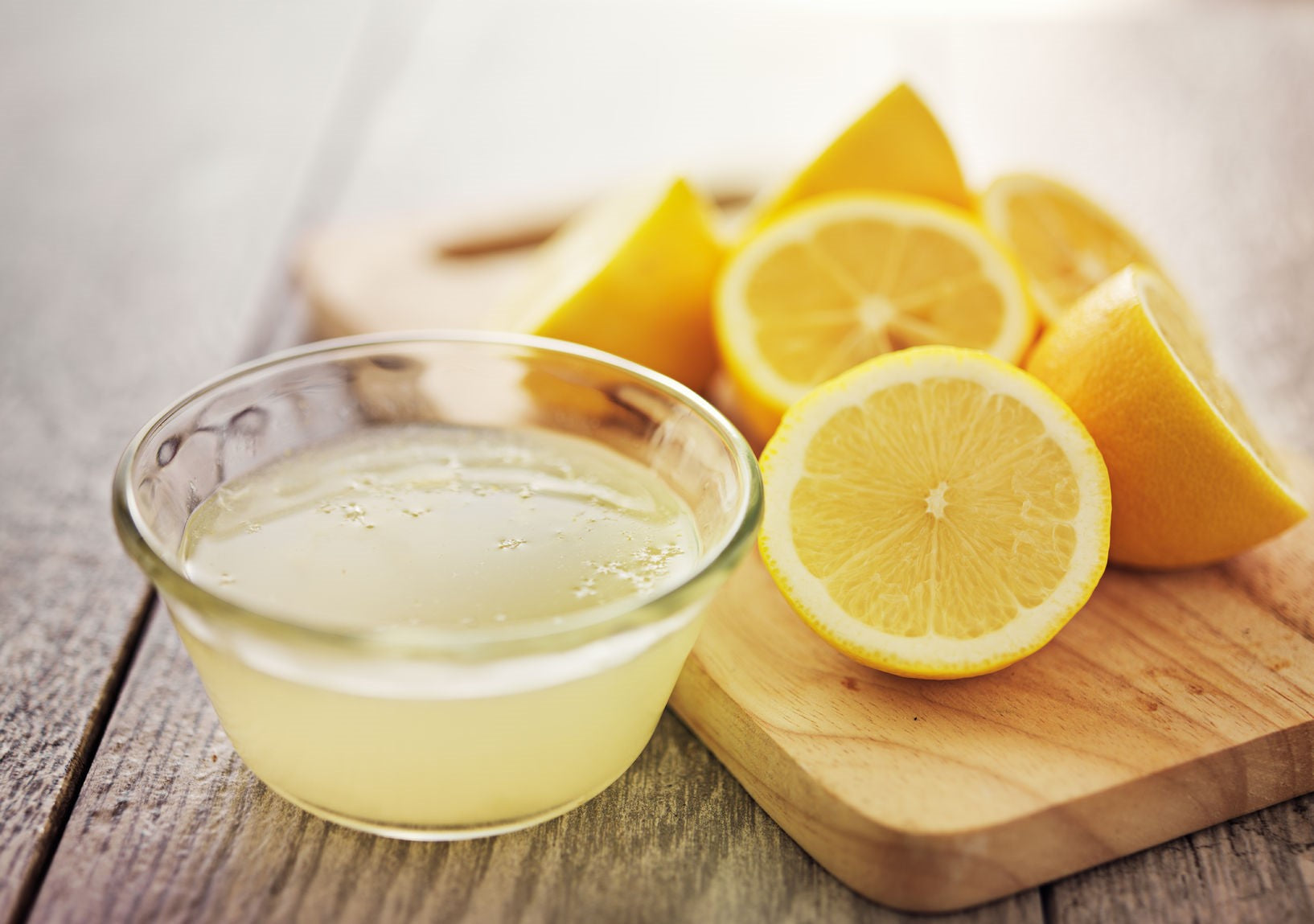
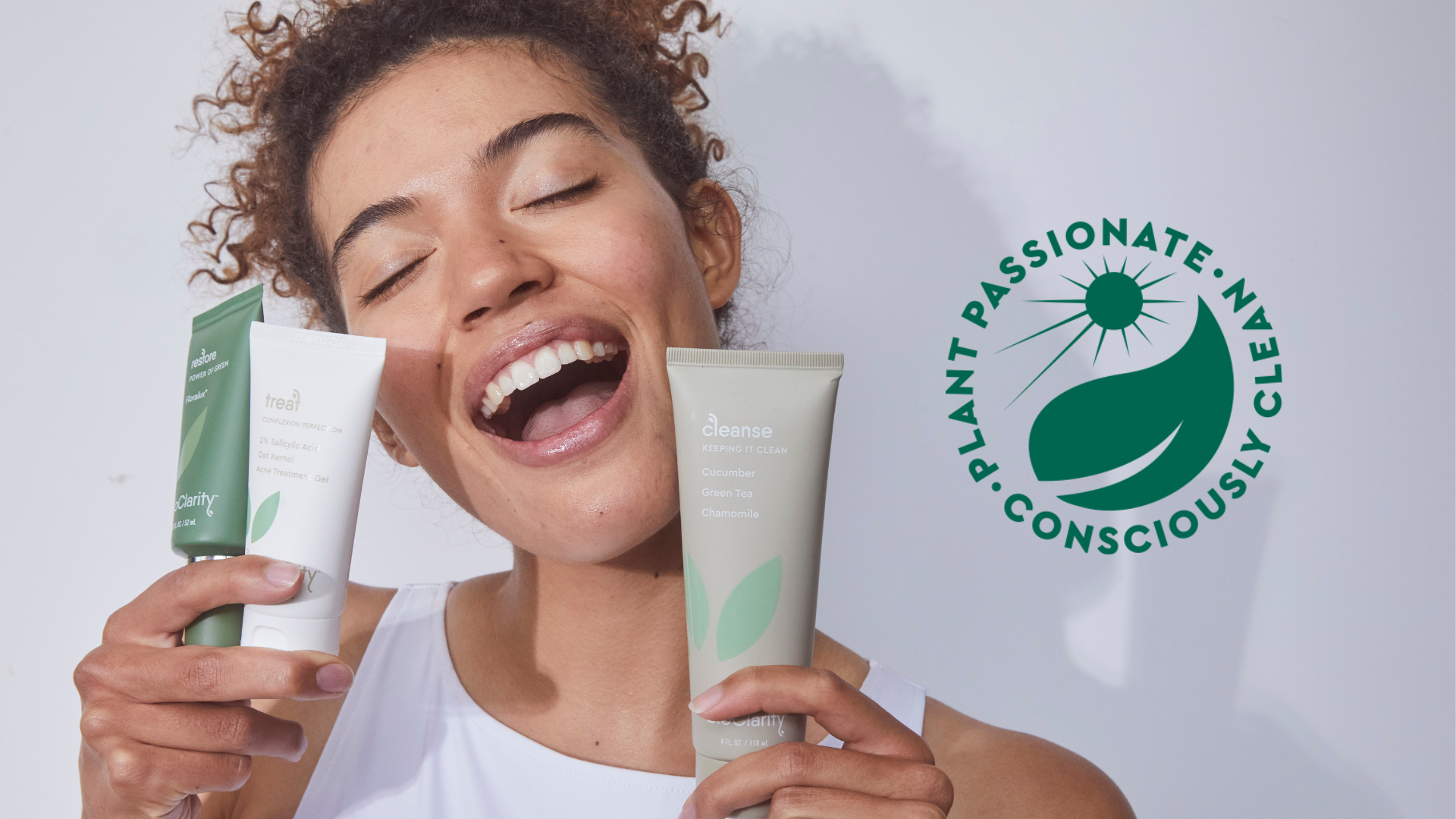

Comments